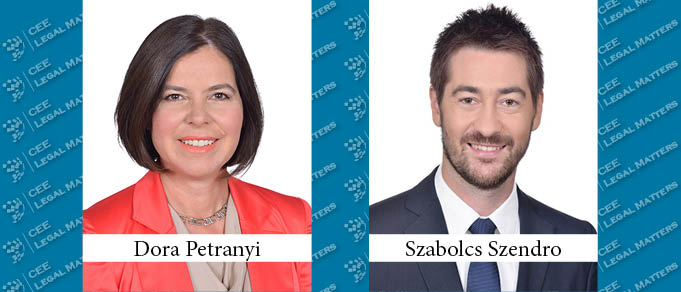The current backbone of the EU’s e-Commerce Directive was adopted 20 years ago. Since then, the landscape of the digital economy has changed significantly, as most online platforms in use today did not exist in 2000. As a result, many digital experts claim that competition enforcers have failed to tackle some of the specific challenges created by the new digital platforms.
Margrethe Vestager, Executive Vice President of the EU Commission responsible for Digital Age projects and Commissioner for Competition, said that, “we need to make rules that put order into chaos.” The long list of Ms. Vestager’s titles is not only a polite introduction but also reflects the 2019 merger by the EU Commission of two of its major powers: digital regulation and competition law. Several questions arise: Was this combination intentional? Which power is more effective? Are these tools substitutes or can they supplement each other? Let’s go through the pros and cons that have revealed themselves after two years.
First, we can be fairly sure that centralizing these powers was not a simple coincidence. The Directorate General for Competition – the “DG Comp” – has always been referred to as one of the EU Commission’s most effective enforcers. Although this privileged position is still valid, we can also see that the national competition authorities in various EU Member States are even more active regarding digital platforms (see our article on the subject in the September 2020 issue of the CEE Legal Matters magazine), while the DG Comp has taken a more accommodating stance, for example, by approving the Facebook/WhatsApp acquisition, which the US antitrust agencies are now challenging. Meanwhile, in December 2020, the EU Commission introduced an ambitious new set of proposals for regulating digital space.
Both the Digital Services Act (DSA) and the Digital Markets Act (DMA) proposals aim to modernize the current regulation of intermediaries and online platforms. For our current review, the latter is even more interesting, as the DMA aims to establish “a set of narrowly defined objective criteria for qualifying a large online platform as ‘gatekeeper.’” This sounds like the definition of a dominant company, the behavior of which was originally regulated by the competition law principles in the Treaty on the Functioning of the European Union, which prohibit the abuse of dominance. If so, should we regard this as confirmation by the Commissioner of DG Comp that she suggests additional regulation to the traditional means of competition law?
The Commission bypassed this issue in its Q&As by stating that the DMA “complements the enforcement of competition law,” which is normal, as “regulation and competition enforcement already coexist in other sectors, such as energy, telecoms or financial services,” so the DMA “will thus minimize the harmful structural effects of these unfair practices ex-ante, without limiting the EU’s ability to intervene ex-post via the enforcement of existing EU competition rules.” What does that mean in practice? In other regulated sectors – such as telecoms or energy – the “gatekeepers” are usually the network owners, and the idea of such infrastructure-based competition is under reconsideration in several ways. Although we have to admit that the DMA and DSA are only regulatory proposals for now, many interesting questions immediately present themselves.
It seems that the EU Commission is not alone in combining competition law with regulatory elements in the digital sector. As a recent example from CEE, the Hungarian Competition Authority launched a market analysis in December 2020 focusing on the large “data assets” created in the online retail sector to evaluate their potential restrictive effects on the market for further legislative proposals. This market analysis is also a sign that a competition authority prefers to support regulatory steps with its general findings instead of investigating potential individual infringements entitled under the TFEU.
The question remains: Should we expect a greater role for regulation and dedicated government agencies in our digital life, with competition law becoming secondary for these markets? Unfortunately, we will have to wait for the precise answers, but we can be sure that the outcome will affect not only the gatekeepers and their partners, but also our everyday life. It is worth following.
By Dora Petranyi, Partner, and Szabolcs Szendro, Senior Counsel, CMS Budapest
This Article was originally published in Issue 8.2 of the CEE Legal Matters Magazine. If you would like to receive a hard copy of the magazine, you can subscribe here.


